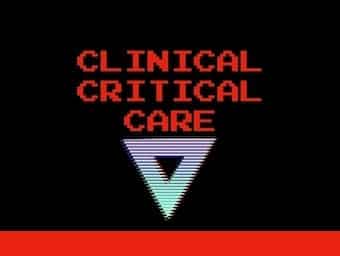
POCUS Made Easy: eFAST
eFAST (Focused Assessment with Sonography in Trauma) to look for haemothorax, pneumothorax, haemoperitoneum and haemopericardium

eFAST (Focused Assessment with Sonography in Trauma) to look for haemothorax, pneumothorax, haemoperitoneum and haemopericardium

Dr Mayr of Medmastery - Spleen Ultrasound in trauma including subcapsular haematoma, focal intraparenchymal haematoma, splenic lacerations

Resuscitating a critically injured child is one of the most stressful jobs in pre-hospital medicine, with Sam Bendall

The story of the Northern Ireland HEMS Service, from the political and public campaign to get it started right through to the teamwork and hard work involved in making this project a reality.

Andrew Dixon from Radiopaedia goes through 5 classic fails - common misses in trauma imaging. Learn from this rather than missing them yourself!

Pre-hospital Resuscitation: Road to Resus Chapter 1 Ashley Liebig, Reuben Strayer and a panel of experts Three episodes spanning the patient journey from roadside pre-hospital trauma through the emergency and resuscitation rooms to the Intensive Care unit. Episode 1: Pre-hospital…

It's Friday. Boggle your brain with FFFF challenge and some old fashioned trivia. Funtabulously Frivolous Friday Five 297

Refractory shock in trauma is still most likely due to occult ongoing haemorrhage; shock may be due to the underlying cause of trauma e.g. MI leading to car crash

There are various systems available for scoring trauma severity. Some are based on anatomical descriptions of injuries, some on physiological parameters and others use combined data. No ideal trauma scoring system is currently available

Trauma Literature Summaries: Tranexamic acid (TXA) for traumatic haemorrhage; Steroids for acute spinal injury

Trauma and Pregnancy: leading cause of non-obstetric maternal mortality -> also has a high chance of fetal loss; ATLS approach (primary and secondary survey) including safe transport to trauma centre with obstetric care.

Reviewed and revised 26 October 2016 OVERVIEW Obesity has significant implications for the assessment, management, and outcomes of trauma The relationship between obesity and negative outcome from injury has been controversial INJURY PATTERNS Obese patients tend to have lower overall…